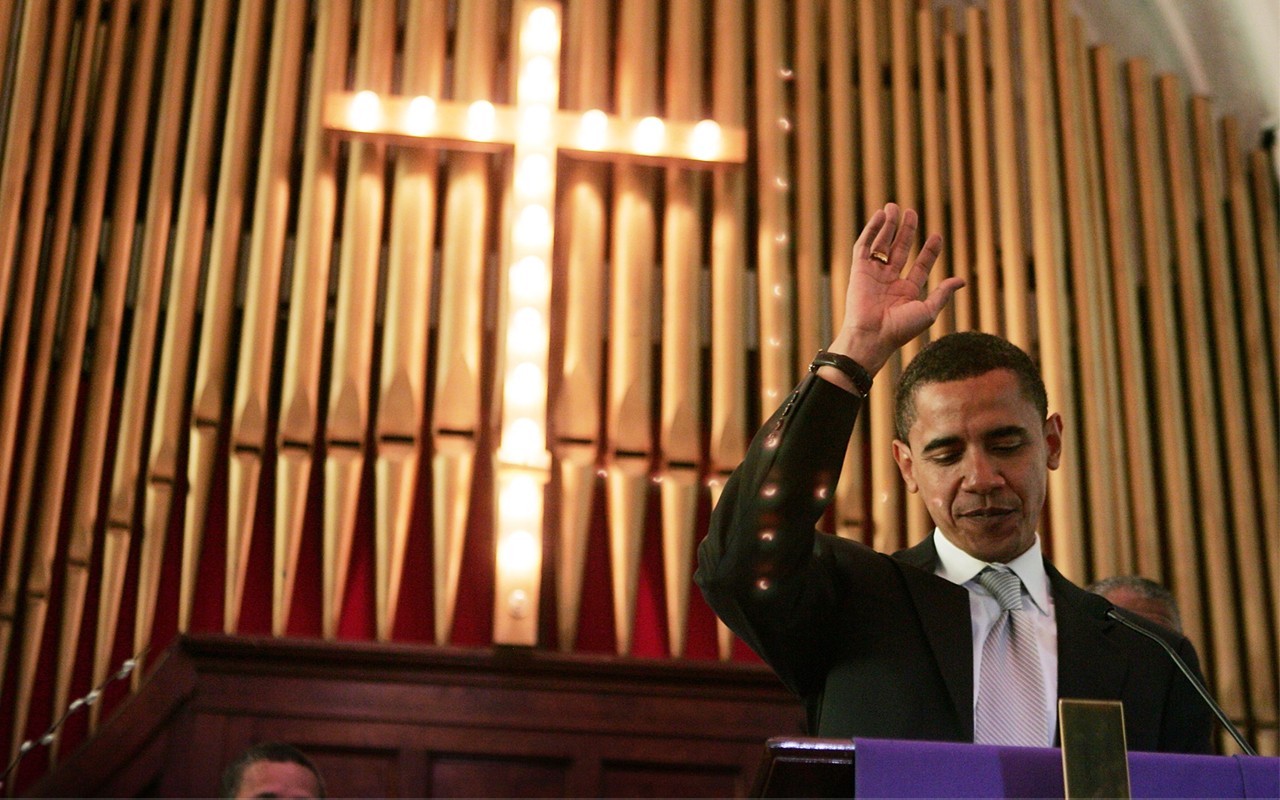David Schaengold has a fascinating post up over at Ordinary Gentlemen (one of the most interesting spots on the internets) that examines the steps our social views on homosexuality have undergone. He writes:
Login to read more
Sign in or create a free account to access Subscriber-only content.
